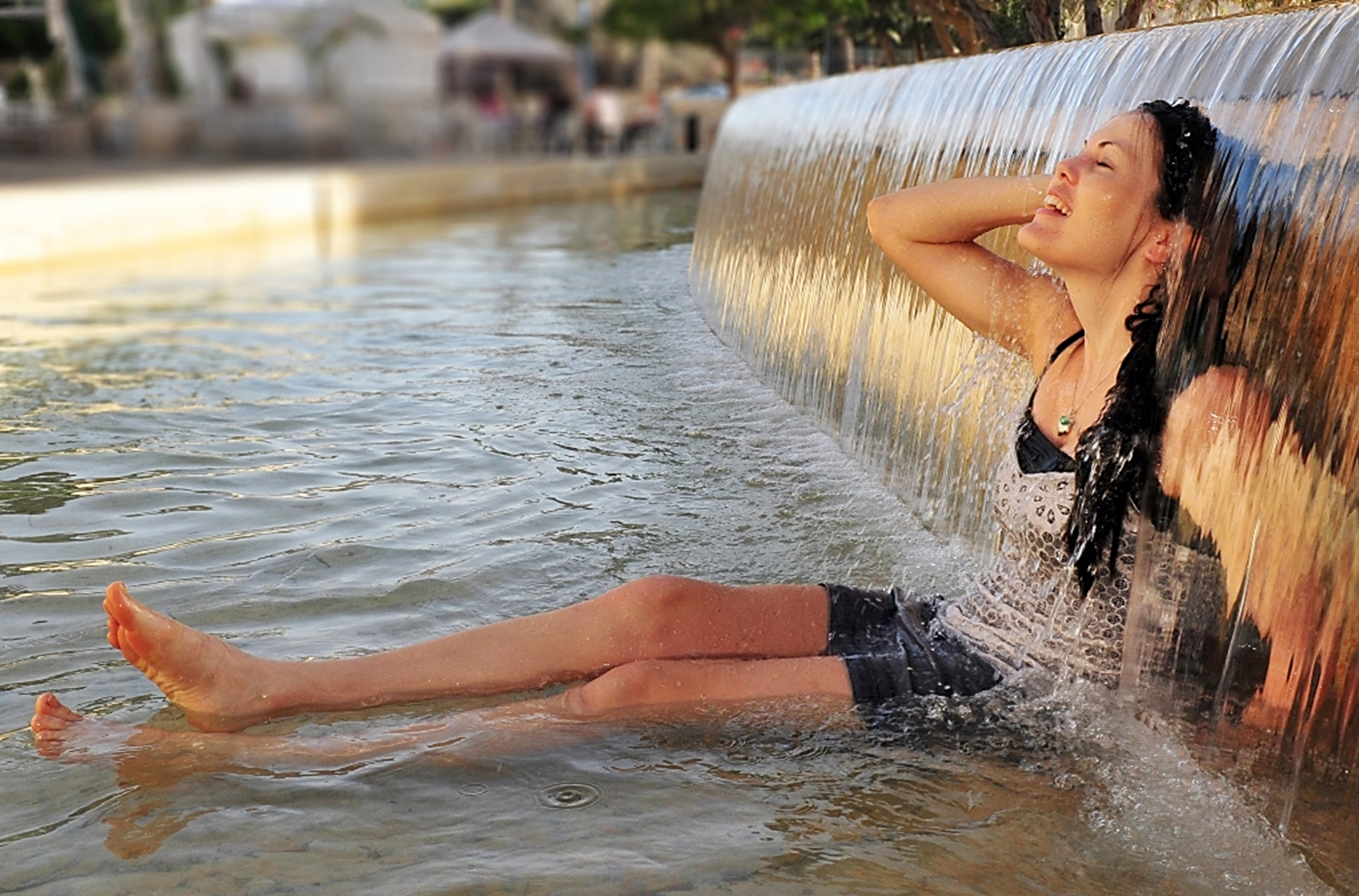
by Fern Shaw | Jun 26, 2024 | mains fed water cooler, Water, water cooler, Water Coolers
Not all of us have the wherewithal, location or access to be able to cool off as is indicated in the above image. There is however, an easy and simple solution to help you keep your cool when the temperatures soar. You guessed it – drink water more. Here are six reasons why:
Regulates Body Temperature. Our bodies rely on sweat to cool down and sweat is mostly water. When it’s hot, we sweat more, so we need to drink more fluids to replace the water we’re losing. Dehydration can lead to heatstroke, a serious condition that can be fatal.
Boosts Energy Levels. Even mild dehydration can sap your energy levels. When you’re dehydrated, your blood volume decreases, making your heart work harder to pump blood throughout your body. This can lead to fatigue, headaches and dizziness.
Improves Physical Performance. If you’re planning on spending any time outdoors in the heat, whether it’s for work or play, staying hydrated is essential. Dehydration can impair your physical performance and make it harder to exercise.
Improves Mood. Dehydration can also affect your mood. Studies have shown that dehydration can lead to irritability, anxiety and difficulty concentrating.
Sharpens Mentality. Dehydration can also affect your cognitive function. When you’re dehydrated, you may have trouble concentrating, focusing and making decisions.
Keeps Your Skin Healthy. Dehydration can make your skin look dry, dull, and wrinkled. Drinking plenty of water helps to keep your skin hydrated and plump.
If you need a simple and efficient solution which will help make sure that you and everyone in your organisation, site, university, college or school are able to maintain great hydration habits, chat to us at AquAid: 0800 772 3003.
With our wide range of bottled and mainsfed water coolers, and our scheduled and next day bottled water deliveries as part of our service, we have you (water) coolered.
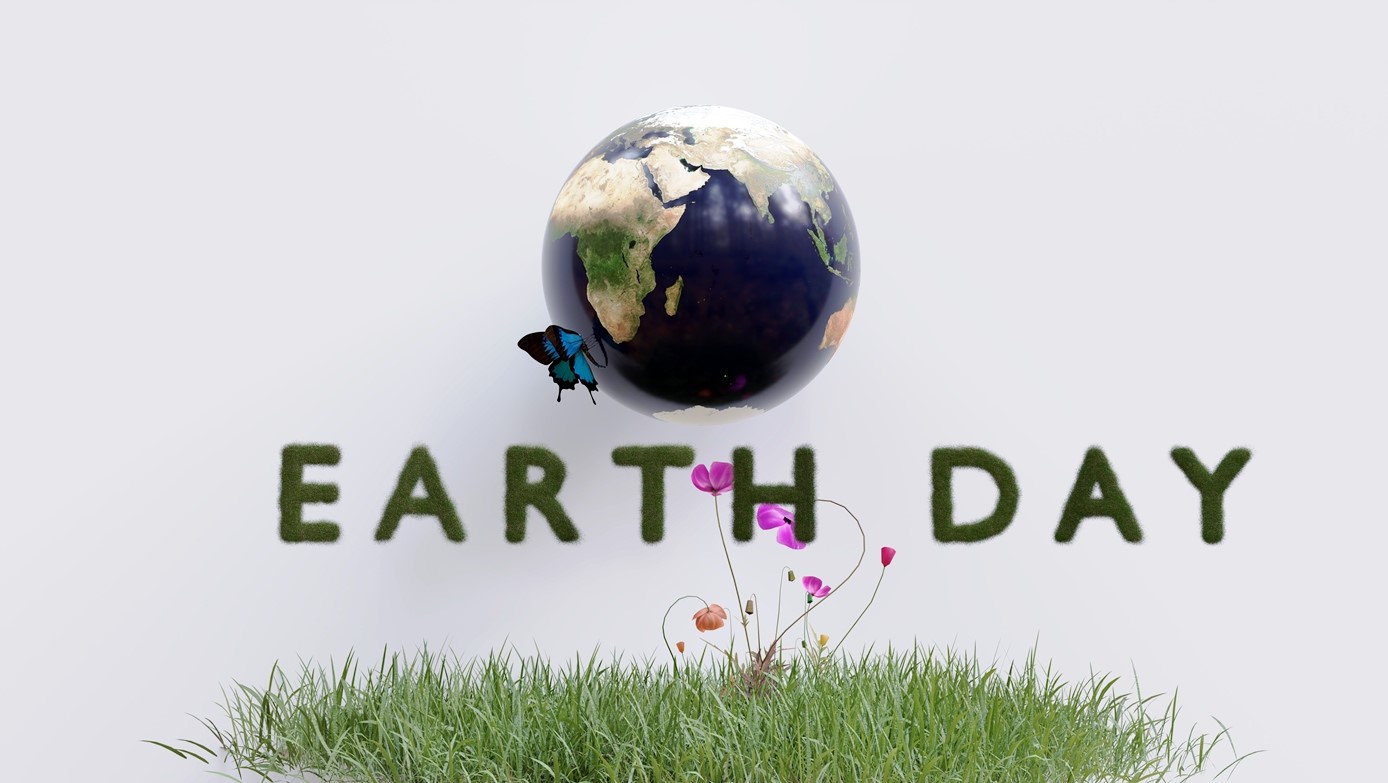
by Fern Shaw | Apr 23, 2024 | Water, water cooler, Water Coolers
At AquAid we are keenly aware of the impact using plastic has in our industry, to our customers and on our environment. This Earth Day we felt it important to reiterate our ongoing commitment in seeking solutions and alternatives to reduce waste, minimise our carbon footprint and increase the sustainable provision of our water and water products to our customers.
Potential long-term options?
- Paper cups/cones
Paper cups may seem like an obvious alternative, but they are not. As paper is porous, all cups contain a lining which means that they cannot easily be recycled. Unfortunately, although few people may be aware of this, if you are paying to recycle paper cups, these lined cups actually contaminate the recycling batch they go into.
There are cones available without a plastic lining, but they will only hold water for a matter of seconds before it will start seeping through and leak onto surfaces or on the floor. Whilst these are useful from an environmental perspective, they are less useful from a hydration perspective; the reason organisations have a water dispenser in the first place.
Paper cups cost around 50% more than plastic, with cones priced slightly lower.
- Plastic bottles
There is a place for reusable plastic bottles, however, we need to be aware that a plastic bottle weighs at least 30 times more than does a plastic cup. This then means that using plastic bottles is adding plastic weight and volume rather than reducing it. Even if you re-use a plastic bottle (which some people will re-use 30 times, but others much less so) it has to be borne in mind that the bottle needs to be cleaned which has its own environmental impact.
- Use bio-degradable/compostable material
The idea of using bio-degradable plastic is very appealing at first as people picture it literally turning into dust. The problem is that in order for the plastic to compost, it needs to be kept in very specific circumstances only achievable in an industrial composting environment. Not only are there very few such facilities in the UK, there are also no nationwide collection schemes in place for them. If bio-degradable cups end up in landfill they can be more harmful to the environment than normal plastic cups, as is indicated in various reports and case studies from authorities in the field*. Added to this, bio-degradable plastic is made from corn starch – which again brings with it a significant impact on the environment. As a final point, bio-degradable plastic is considerably more expensive than regular plastic.
The solution
Because of the focus directed at the issue of single use cups, we may be forgetting the difference between litter and recycling. Plastic on its own is not an issue – unrecycled plastic is. Bearing this in mind, we believe there is a viable solution, one which will be of benefit to not only ourselves and our customers, but also to our environment.
Recycling plastic cups
Upon consultation with a number of recycling authorities, in particular BIFFA, a leading integrated waste management company, we’ve established as follows:
- The cups that AquAid supply are made of a single type of plastic. The benefit of this is that easy to recycle and a valuable resource that can be repurposed and resold.
- Our plastic cups are easily recycled if placed in a dry mixed recycling (DMR) bin. These are bins which take cans, paper, cardboard and plastic. Not only will the material placed in a DMR be recycled, but DMR bins cheaper to have emptied than a normal waste bin.
We believe that we have established a practical, cost effective and viable solution to using our drinking cups and are inviting our customers to contact their local recycling companies to confirm that they offer the dry mixed recycling bins (DMR), to assist with the recycling of not only plastic cups, but also the many other recyclable items found in offices up and down the country.
* sources: articles in The Guardian; UN News
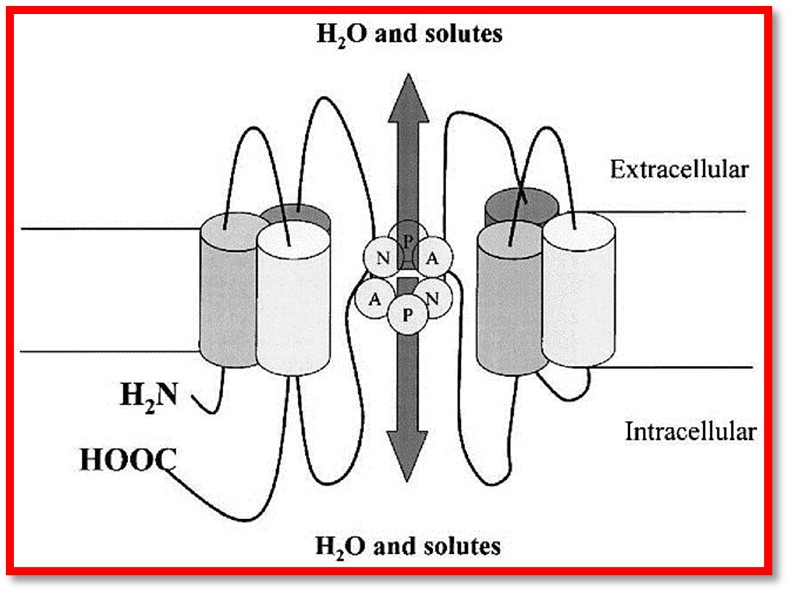
by Fern Shaw | Jan 30, 2024 | Water, water boiler, Water Boilers, water cooler, Water Coolers
You might be thinking that Aquaporins are a new product from AquAid. You’d be wrong – although the name is reminiscent of pouring water, so perhaps not such a stretch.
But what are they exactly?
Dumb bunny explanation:
Membranes which replicate the way nature removes salt from water, for example in the kidneys or in mangroves.
Slightly less dumb bunny explanation:
An aquaporin is a specialized protein located in the cell membrane of body cells. It forms the mechanism responsible for pumping water into and out of the cell as needed. Aquaporins are part of the large family of major intrinsic proteins, proteins that form pores or channels in the cell membrane, and work to regulate the composition of the inside of the cell.
The aquaporin was discovered by Peter Agre of Johns Hopkins University in 1992. Agre won the 2003 Nobel Prize in Chemistry for his discovery. He discovered aquaporins serendipitously during a study on the Rh blood group antigen, confirming long-held suspicions by the scientific community that a mechanism for transporting water across the cell membrane existed.
Aquaporins conduct water into and out of the cell, but prevent the movement of ions and other solutes across the cell wall. A specialized form of aquaporin, called an aquaglyceroporin, does allow the movement of some solutes into and out of the cell, but like regular aquaporins, it does not allow charged particles, or ions, to pass through. Some solutes that aquaglyceroporins allow to cross the cell membrane are ammonia, carbon dioxide, and urea. The types of solutes allowed through by aquaporins depend on the size of the protein channel.
How else could Aquaporins benefit mankind?
They could dramatically reduce the energy needed in desalination and the scope there is far reaching – think space suits.
Remember, with AquAid’s water coolers; water; boilers – you won’t need any desalination set up – as you’ll have a consistent supply of refreshing drinking water (and of course, your clever body will take care of the rest).
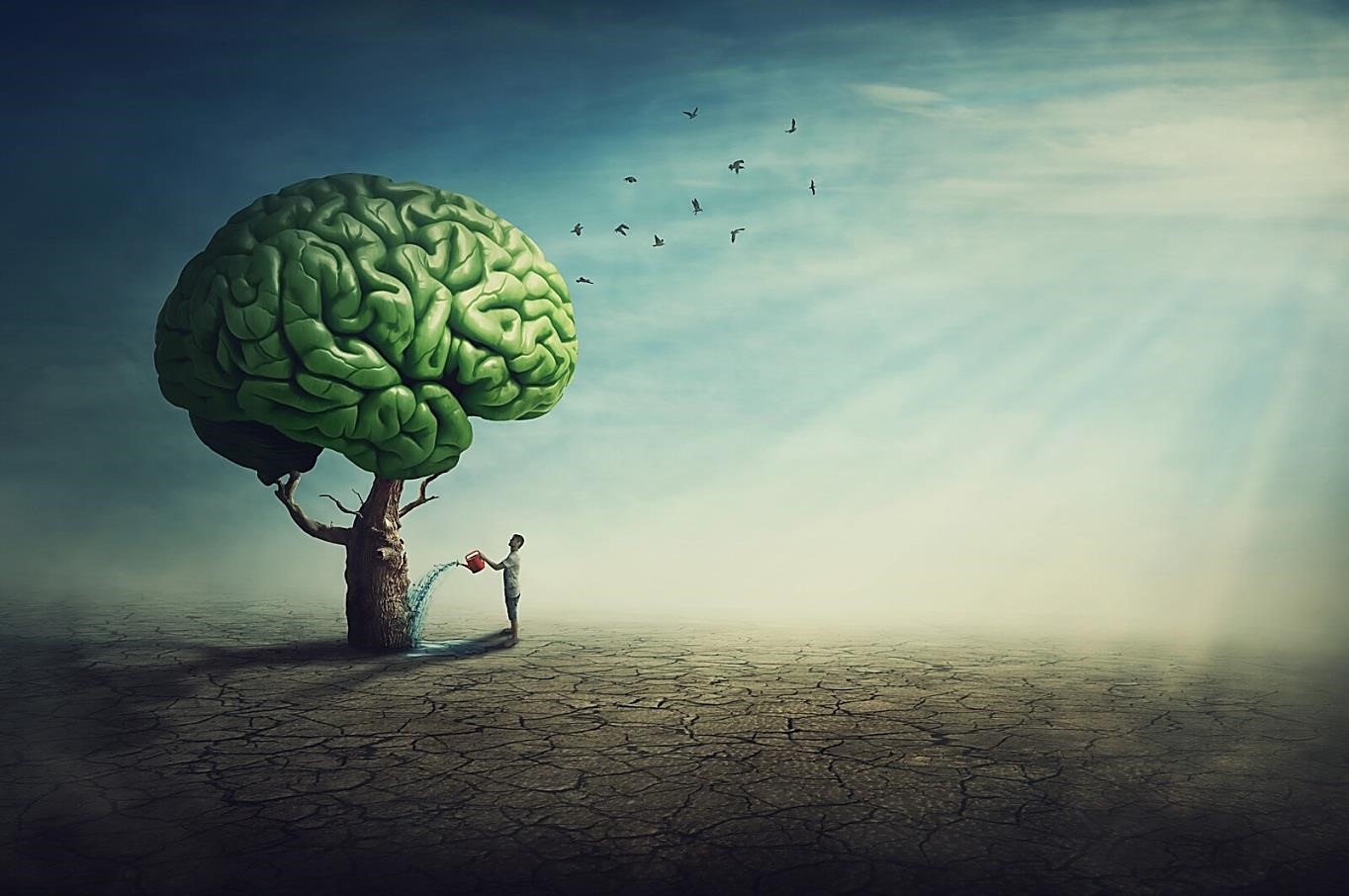
by Fern Shaw | Jul 27, 2023 | Water, water cooler, water cooler
Every person has a different thought process – which is wonderful – and even though we may think our brains are the same – they’re not. As an example, if you have two people in front of you and you pose the same question not requiring a factual answer, you are guaranteed that the answers will be different. They may be similar, but there will be differences.
That said though, there is one irrefutable fact. Irrespective of your brain capabilities, thought processes, problem-solving skills: in order to function properly, the brain requires us to drink water. Often. Throughout the day. From waking up to prior to going to sleep. Drink water we must. And should.
While we may all think differently, the fact remains that drinking water aids us in incalculable ways, not excluding:
The brain is one of the most important organs in your body to keep fuelled. It is approximately 85 percent water and brain function depends on having abundant access to water.
Water gives the brain the electrical energy for all brain functions, including thought and memory processes.
Studies have proven that your brain cells need double the energy compared to other cells in the body. Water provides this energy more effectively than any other substance.
Water is also needed for the brain’s production of hormones and neurotransmitters. Nerve transmission requires one-half of all the brain’s energy.
When your brain is functioning on a full reserve of water, you will be able to think faster, focus more and experience greater clarity and creativity.
Daily hydration not only helps with better thinking, it can help prevent attention deficit disorder in children and adults.
The reason why it is important to drink plenty of water throughout the day for optimal brain function is that your brain does not have any way to store water.
If you too, would like to keep your brain at optimum function and health, all that’s needed is the original energy drink – water.
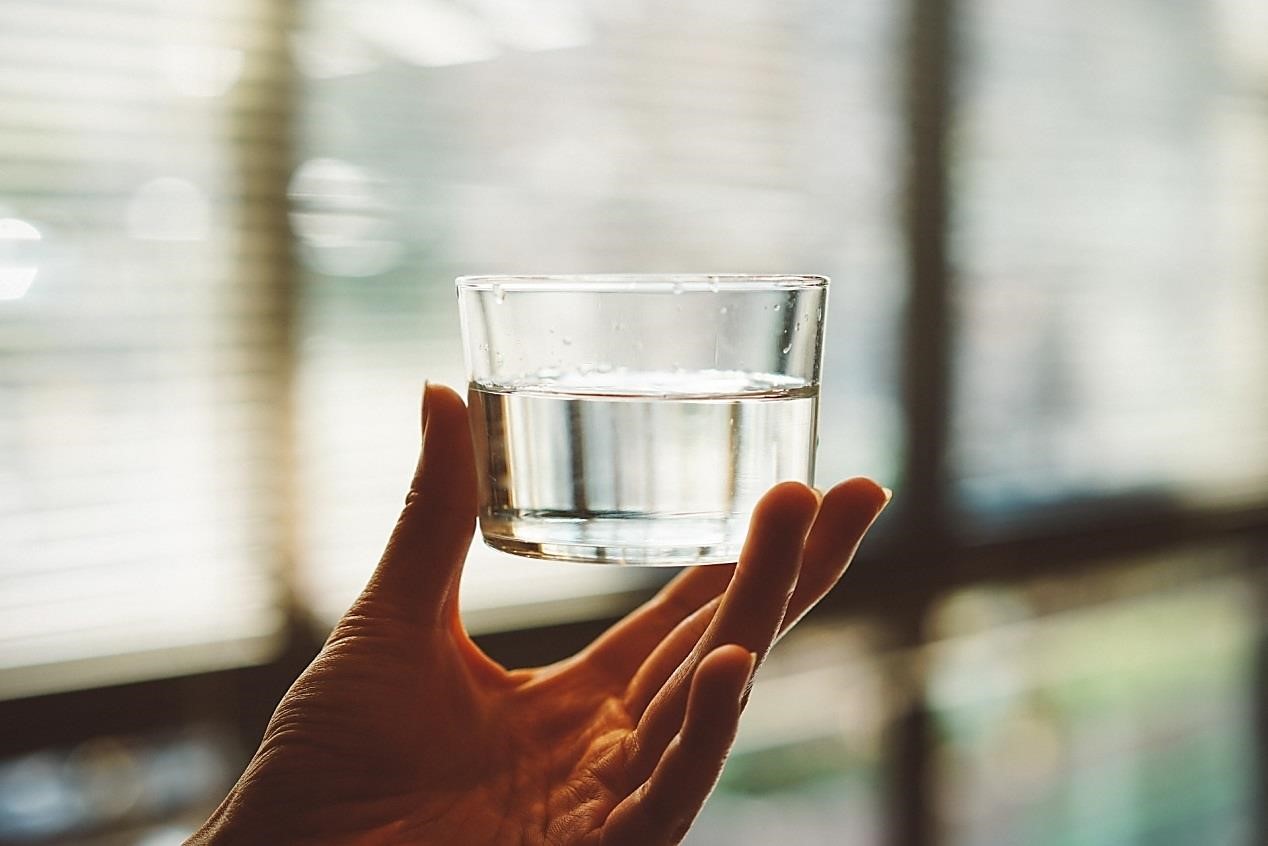
by Fern Shaw | Jul 5, 2023 | Water, water cooler
I know we keep on at you, dear hallowed reader of the AquAid posts, tweets and blogs, about how important it is to keep hydrated and it can get a bit much, but, here’s the thing – it IS important. As in possibly the most important thing that keeps the wonderful being that you are, alive and operational, not to mention functioning, lucid, thinking, your organs doing what they need to do, your skin all plumped up and your eyes shiny berry clear.
Here are some fast facts just to give you an indication of how true my mention of your organs needing water to function is:
- Your brain is 75% water.
- Blood is 92% water.
- Your bones are 22% water.
- Your muscles are 75% water.
As we can clearly see, maintaining good hydration is crucial aspect to our well-being.
Adverse effects from not drinking enough water include digestive, skin, bladder and kidney problems, fatigue and even headaches. We need water as much as the air we breathe in. Keeping your body and brain hydrated is vital.
Did you know that dehydration actually sets in just before you start feeling thirsty? Sipping water throughout the day is the best way to handle it. Always have a bottle or a glass of water handy. If you’re not a morning person, having two glasses of water right after you wake up will boost up your blood pressure to normal levels, and it’s way healthier than having your first coffee on an empty stomach.
Many of us believe that merely drinking fluids like sweetened juices, cool drinks or tea will hydrate you as well as water does. This is not true. It’s actually the opposite. To deal with the excess sugar and salt you are taking in your body wastes immense amounts of precious water just to clean it out from your system. In addition, if you love your coffee, make sure to drink one extra glass of water for every cup you have.
Drinking water regularly speeds up your metabolism and makes you feel more ‘full’. Not only do you eat less when you drink water more often, it’s one of the safest and healthiest ways to lose weight. Happy hydration!

by Fern Shaw | May 10, 2023 | Water, water cooler
I’m sure you all have a fair inkling about some elements of what your carbon footprint is and have implemented, in your own way, certain strategies on how to lessen that footprint.
But are you at all aware of what the water footprint is for each bit of food you consume?
Here are the water footprints for a few foods that may surprise you – making it high time perhaps to get the most out of your allotment or even your windowsill gardens for that matter.
- Tomato: On average, one tomato (250 gram) costs 50 litres of water.Tomato sauce / ketchup costs 530 litres of water per kilogram of tomato ketchup.
Tomato puree costs 710 litres of water per kilogram of tomato puree.
- A pound of lettuce = 114 litres
In general, vegetables take much less water to produce than animal products: That’s where the Meatless Monday suggestion comes in. There’s no need to go vegan but every bit helps. Lettuces’ water footprint for the UK can be a lot higher as the produce can need to be brought in for consumption from other countries in the winter months.
- A kilogram of chocolate = 17 000 litres
On average, cocoa beans have a water footprint of 20 000 litres/kg. Cocoa beans are first made into cocoa paste, with cocoa shells as rest product. About 97% of the total water footprint of cocoa beans is allocated to the cocoa paste that is derived from the beans; the rest is attributed to the by-products. One kilogram of cocoa beans gives about 800 gram of paste, so that the water footprint of cocoa paste is about 24 000 litres/kg. From this we can calculate that chocolate has a water footprint of about 17 000 litres/kg.
- A slice of pizza = 159 litres of water
That would be 68 litres for the flour, 79 litres for the cheese, and nearly 11 for the sauce. Mozzarella, it turns out, is a real water sucker, as is any animal product. Of course, this is the global average, and water use per slice varies from country to country. French pizza has less than half this footprint, the US just about hits the average mark, and Chinese pizza is slightly more waterlogged.
Obviously, you can’t live on water alone (although it’s super important to ensure that you drink sufficient water), but perhaps spare a thought in future about where your food comes from.
*excerpts from Waterfootprint.org






